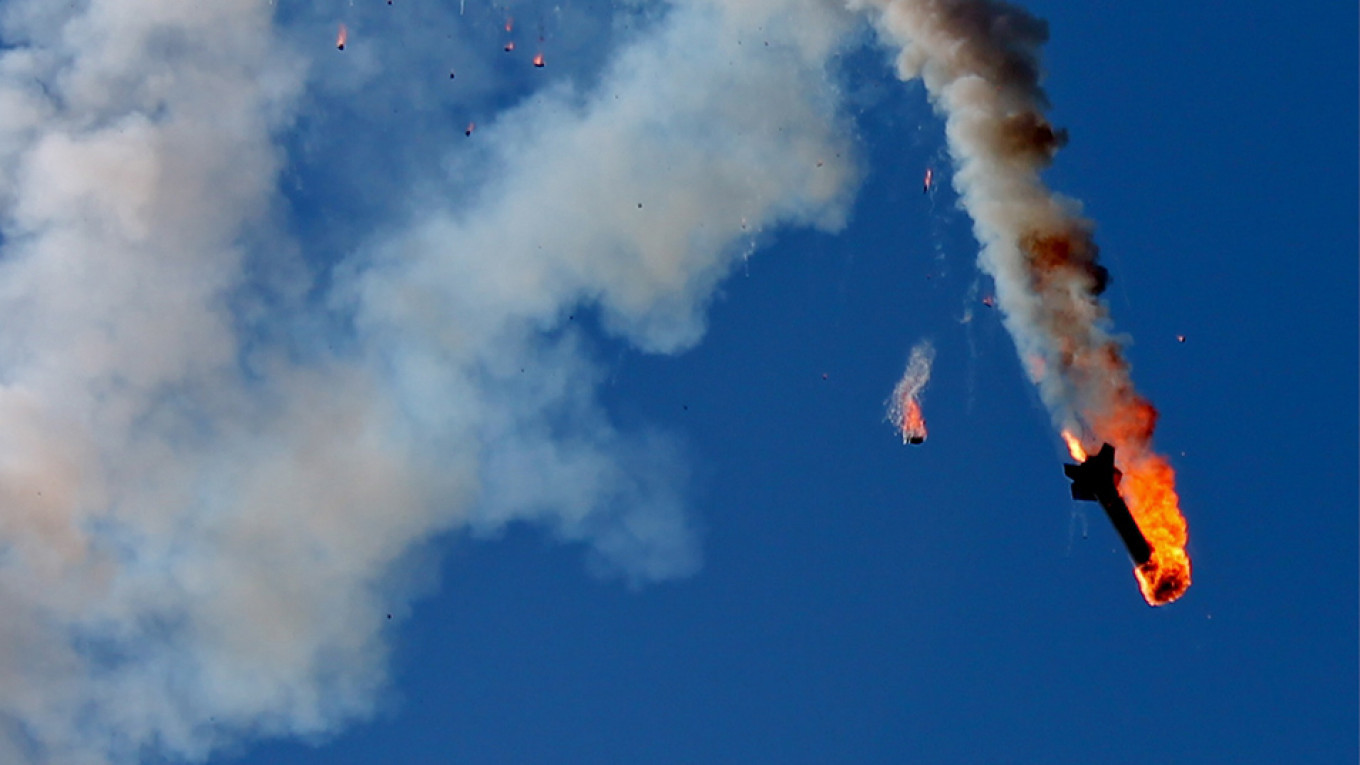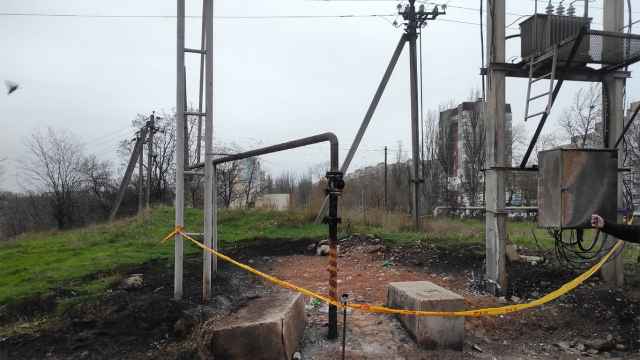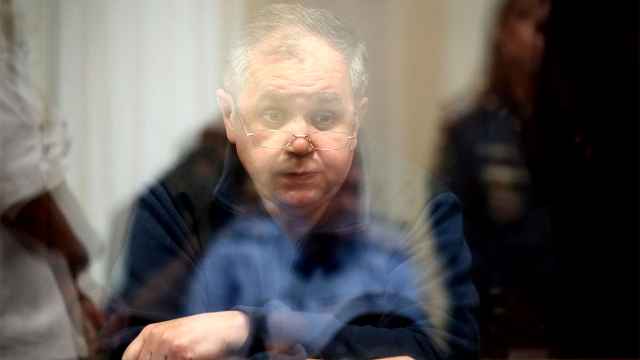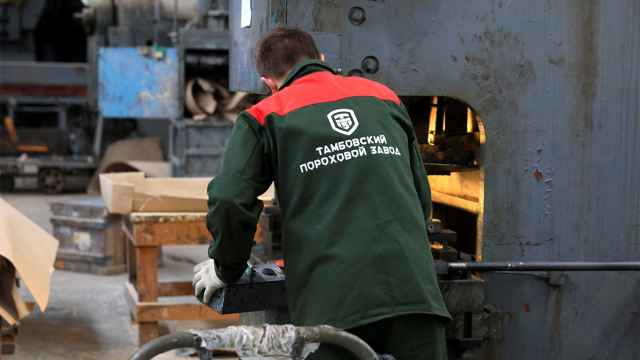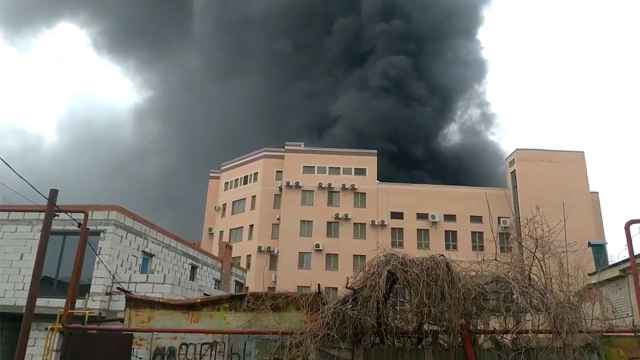Reports of a second blast from a deadly Russian rocket engine test may be wrong, and the signals could stem from unrelated mining activity, the Norwegian monitor that first presented the double explosion theory said.
Norsar, Norway's nuclear test-ban monitor, last week said an Aug. 8 explosion that killed five Russian scientists was followed by a second blast two hours later, and that this was the likely source of a spike in radiation.
The second explosion was detected by infrasonic air pressure sensors in the Norwegian town of Bardufoss, but further analysis, taking in additional data from Norway and Finland, pointed to a different explanation, Norsar said on its website.
"The direction shows a small deviation of 1-2 degrees difference from the first event to the station in Bardufoss. Further analysis of the event with additional seismic data indicates that the event also may stem from mining activity in Finland," it added.
The governor of Russia's Arkhangelsk region, where the blast took place, has dismissed reports of another explosion.
Russia's state weather agency said on Monday it had found the radioactive isotopes of strontium, barium and lanthanum in test samples after the accident.
President Vladimir Putin has said the mishap occurred during testing of what he called promising new weapons systems.
U.S.-based nuclear experts believe the incident occurred during tests of a nuclear-powered cruise missile.
A Message from The Moscow Times:
Dear readers,
We are facing unprecedented challenges. Russia's Prosecutor General's Office has designated The Moscow Times as an "undesirable" organization, criminalizing our work and putting our staff at risk of prosecution. This follows our earlier unjust labeling as a "foreign agent."
These actions are direct attempts to silence independent journalism in Russia. The authorities claim our work "discredits the decisions of the Russian leadership." We see things differently: we strive to provide accurate, unbiased reporting on Russia.
We, the journalists of The Moscow Times, refuse to be silenced. But to continue our work, we need your help.
Your support, no matter how small, makes a world of difference. If you can, please support us monthly starting from just $2. It's quick to set up, and every contribution makes a significant impact.
By supporting The Moscow Times, you're defending open, independent journalism in the face of repression. Thank you for standing with us.
Remind me later.


